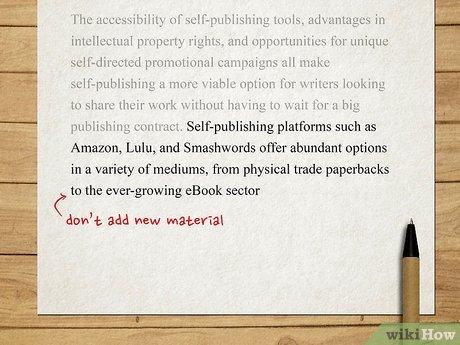Transforming Traditions: Mali’s Rural Communities Unite to End Child Marriage
In the heart of Mali’s countryside, where age-old customs often collide with economic hardships, a powerful movement is emerging to confront the entrenched practice of child marriage. Recognizing the far-reaching consequences this tradition has on girls’ futures, community leaders, parents, and activists are joining forces to challenge and change these longstanding social norms. Through targeted community outreach programs, grassroots campaigns, and educational initiatives, these advocates are not only defending girls’ rights but also envisioning a more just and prosperous future for their communities as a whole. This article explores the dynamic efforts underway in Mali’s rural areas aimed at breaking down barriers to education and empowerment for young girls-highlighting resilience, hope, and determination in this vital struggle.
Harnessing Community Leadership to Challenge Child Marriage Norms
Across many rural Malian villages, influential figures such as elders, religious authorities, and local officials have begun taking an active role in opposing child marriage due to its detrimental effects on young girls’ health and opportunities. These leaders are spearheading initiatives that focus on:
- Educational Workshops: Facilitating sessions that inform families about legal restrictions against child marriage alongside its health risks.
- Engaging Male Allies: Encouraging men and boys through tailored programs that promote gender equality and respectful partnerships.
- Cultural Advocacy Campaigns: Leading efforts designed to shift societal attitudes toward valuing girls’ education over early matrimony.
The growing momentum behind these grassroots movements fosters supportive environments where girls can actively participate in decisions affecting their lives. Collaboration between NGOs, government bodies, and community stakeholders has resulted in regional strategies prioritizing girl-child protection through education. Recent data reflects this positive trend:
| Community Attitude | % Support |
|---|---|
| Favor postponement of marriage for schooling | 78% |
| Acknowledge benefits of community workshops | 85% |
| Boys supporting female education initiatives | 73% |
Nurturing Girls’ Potential Through Education & Awareness Programs
The fight against early marriage is gaining traction as educators, activists, and local leaders unite within Mali’s rural settings to foster environments where young women can thrive academically and socially. By raising awareness about the harmful effects of child marriage while championing educational opportunities for girls, interactive workshops, open dialogues with village elders,, community forums, and cultural celebrations have become pivotal tools driving change.
Â
| Program Type | Â Â Â Â Â ÂOverview | Â Â Â Â Â ÂOutcomes Observed* | Â Â Â Â < / tr >
|---|---|---|
| Main Initiative | Description |
|---|---|
| Legal Literacy Training | Empowering village heads & committee members regarding enforcement mechanisms available under law |
| Risk Awareness Workshops | Educating parents/youth about dangers associated with premature marital commitments plus benefits gained via prolonged schooling |
| Peer-Led Support Groups | Facilitating safe spaces enabling shared experiences among resistant adolescents fostering solidarity + resilience |
Looking Ahead: A Collective Vision For Change In Mali’s Countryside
The united front emerging throughout Mali’s rural landscapes signals an inspiring commitment towards eradicating child marriage once deeply woven into cultural fabric.
By combining advocacy rooted firmly within traditions yet progressive enough embrace new ideals,
these communities demonstrate how sustainable transformation arises when people reclaim agency over harmful customs.
This movement transcends mere protection-it embodies hope,
empowerment,
and social advancement promising brighter horizons not just individually but collectively.
As international observers witness this evolution firsthand,
Mali stands poised as a beacon illustrating how localized action catalyzes global progress towards gender equity.
The ongoing journey reminds us all:
investments made today securing every girl’s right-to learn freely,
choose her path independently-
will ripple outward shaping societies grounded firmly upon justice, equality, & sustainable development.
For more insights into similar transformative efforts across Africa visit
this report here.







